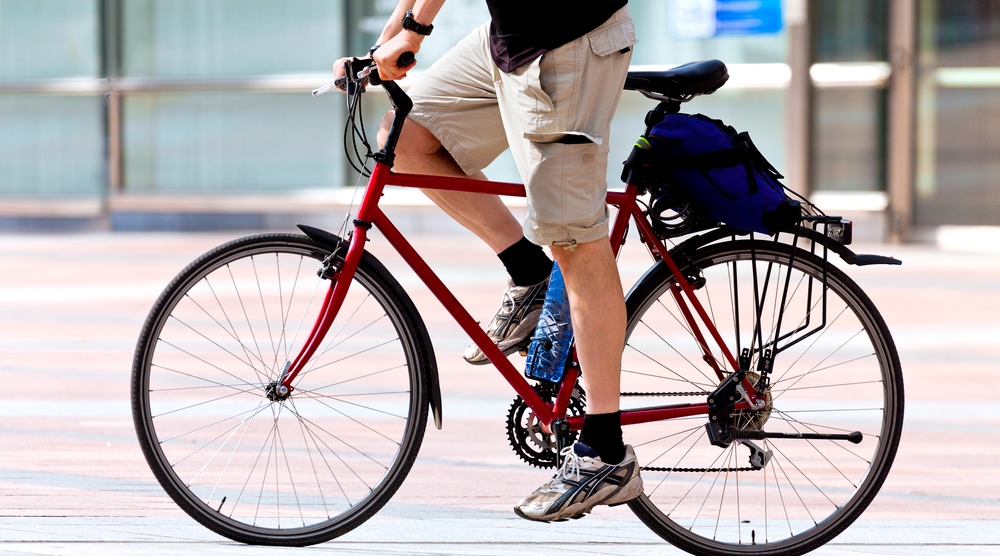‘Health by stealth’ partnership aims to create active transport habits

‘Health by stealth’ partnership aims to create active transport habits
The University of Tasmania’s Menzies Institute for Medical Research has won a major grant to examine the most effective ways of encouraging people to leave their cars at home and incorporate physical activity into their travel.
Lead researcher Dr Verity Cleland is interested in finding the incentives that “help to make the healthy choice the easy choice”. The study will gather information on how people are getting around in Tasmania and why they make those travel choices, and will identify strategies that might increase the use of healthy transport options. Dr Cleland will work with other researchers from Menzies, Deakin University and the University of Sydney.
Apart from funding of $272,361 from the National Health and Medical Research Council, the project will have a significant contribution from three key local partners - Metro Tasmania, the Tasmanian Department of Health and Human Services and the Local Government Association of Tasmania.
Dr Cleland said it would be great to see a change in the way physical activity was viewed – away from just being a leisure activity to being a fundamental part of our daily travel patterns.
With active commuters having significantly lower cardiovascular risk than passive commuters, and public transport users accumulating up to 33 minutes per day more physical activity than car drivers, there are a multitude of reasons why active transport is a good idea.
“Healthy transport options include walking, cycling and public transport and, apart from the physical health gains associated with additional activity, these also have the benefits of reducing traffic congestion and accidents, increasing social contact and connectedness and reducing air pollution,” Dr Cleland said.
“With the help of our partners, we will be able analyse information from a range of existing sources to better understand how Tasmanians are getting from A to B, and the factors that influence whether or not they use healthy transport options,” Dr Cleland said.
The project, called “Health by Stealth: Developing strategies to increase active and public transport”, will also generate some of the first evidence internationally about the effectiveness of financial strategies to increase active and public transport use. It will provide crucial information for policy and planning, of particular relevance for those in small cities and regional areas.
Contact: Miranda Harman
Phone: 0427 199 562
Email: